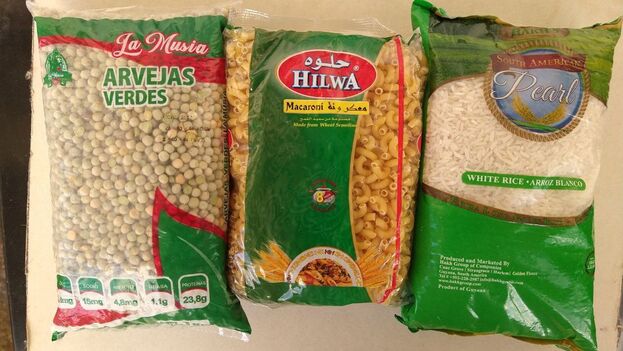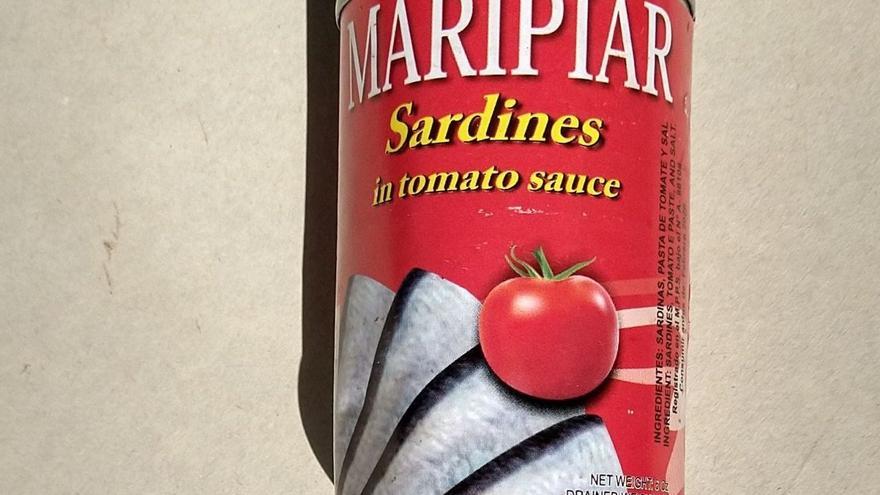
![]() 14ymedio, Havana, 13 February 2022 — Among the terms most misused by the Cuban regime is “food sovereignty.” The official press repeats it over and over, as though it were an incantation, as though simply saying were enough to magically make domestic production a reality and eliminate the need for imports.
14ymedio, Havana, 13 February 2022 — Among the terms most misused by the Cuban regime is “food sovereignty.” The official press repeats it over and over, as though it were an incantation, as though simply saying were enough to magically make domestic production a reality and eliminate the need for imports.
It is always spoken as something just out of reach, in a future that never arrives: “Cuba moves forward in implementing the National Food Sovereignty and Nutritional Education Plan… Despite all adversity, Cuba strives for its food sovereignty… Food sovereignty and nutrition, one of the keys to Cuba’s economic and social strategy.” There is even a law, decreed last May, guaranteeing it.

The results of these efforts are on full display in Havana’s government-run stores in the form of so-called modules: rice from Guyana, pasta from Turkey, dried peas from Portugal, canned sardines from Venezuela and — perhaps most embarrassing of all considering it used to be Cuba’s most iconic product, sugar from Brazil.
These days, sugar as well as salt are are in short supply on the island, adding to popular discontent. Few people here believe that all these plans intended to benefit local producers, urban gardens or the local market amount to anything more than fairy tales. It takes more than two words to grow stuff.
____________
COLLABORATE WITH OUR WORK: The 14ymedio team is committed to practicing serious journalism that reflects Cuba’s reality in all its depth. Thank you for joining us on this long journey. We invite you to continue supporting us by becoming a member of 14ymedio now. Together we can continue transforming journalism in Cuba.
